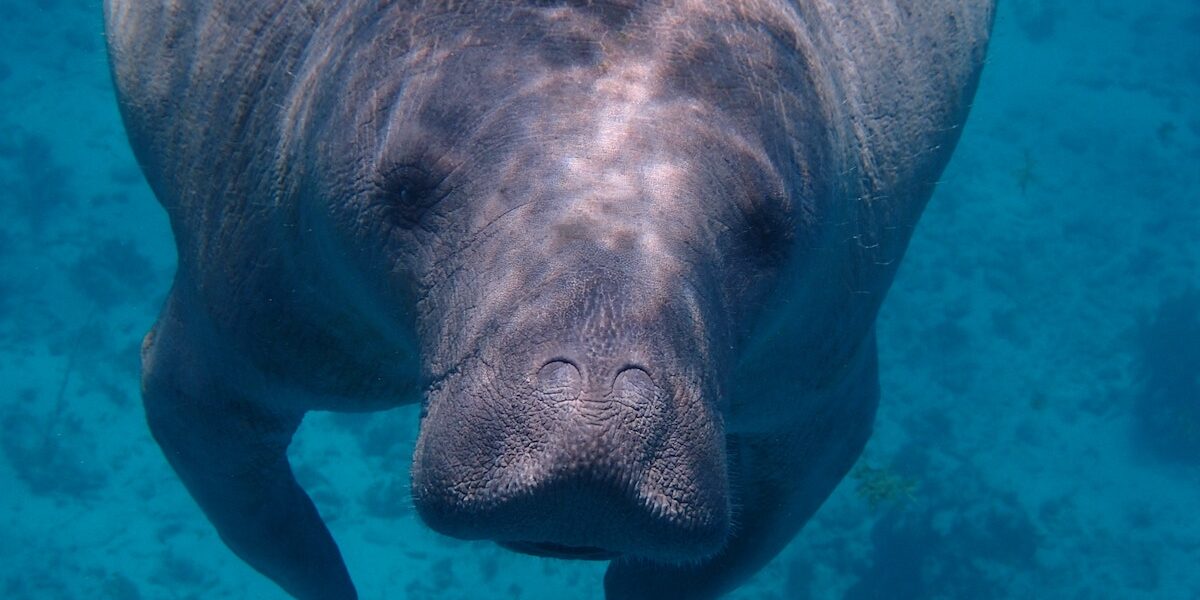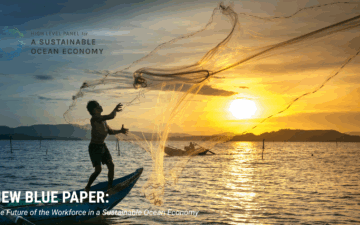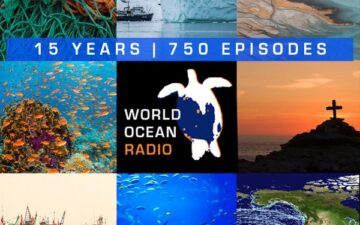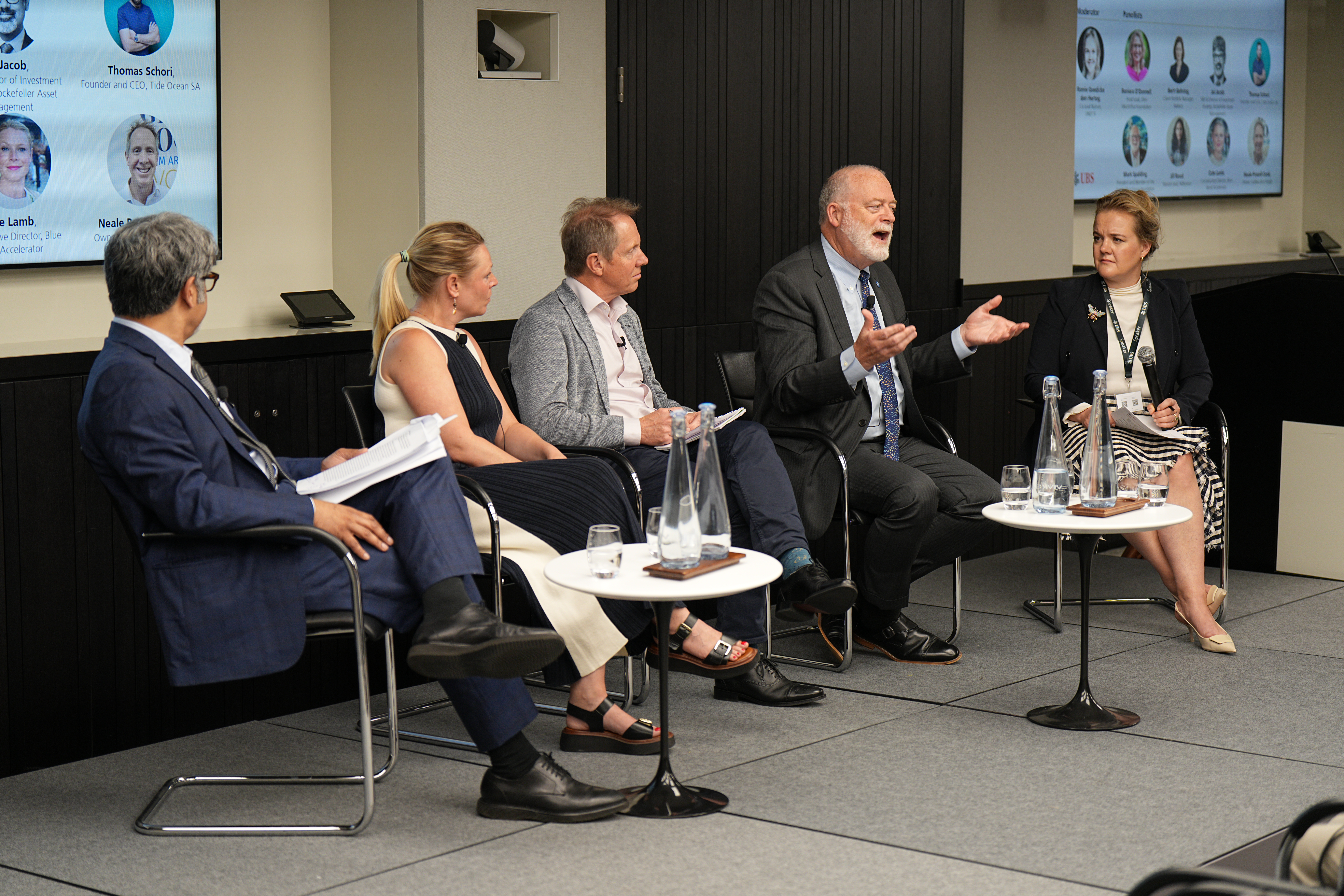The Ocean Foundation celebrates Marine Mammal Month in February. In Florida, November is Manatee Awareness Month with good reason. It is the time of year when manatees start their swim to warmer waters and are at great risk of being struck by boaters because despite their generous size, they are hard to see unless you are looking carefully for them.
As the Florida Wildlife Commission says, “On their annual trek, manatees, including mothers and their calves, swim along Florida’s many rivers, bays and coastal areas in search of the warmer, more stable temperatures found in freshwater springs, man-made canals and power plant outflows. Unlike dolphins and other marine mammals, manatees do not have true blubber to insulate them from waters below 68 degrees Fahrenheit, so they must find warmer waters during their migration to survive the winter cold.”
Most of us are not going to be affected by Florida’s seasonal boating restrictions that go into effect on November 15th, restrictions that are designed to protect manatees. Yet, manatees are a symbol of all we face in improving the human relationship to the ocean, and what makes for healthy manatees makes for healthy oceans.
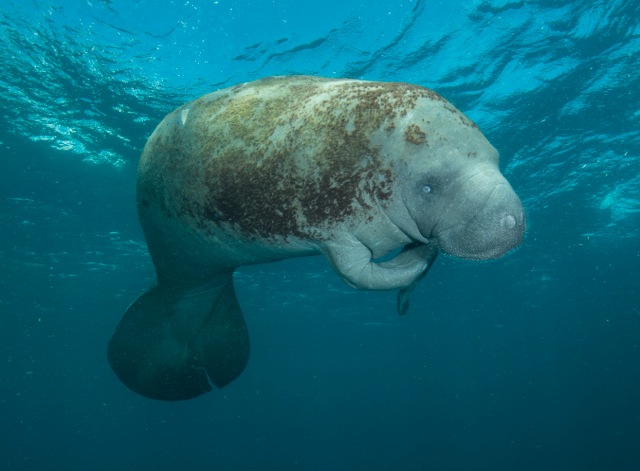
Manatees are herbivores, meaning they are dependent on healthy seagrass meadows and other aquatic vegetation for their food. Thriving seagrass meadows need low sedimentation, clear clean water, and minimal disturbance from human activities. Propeller scars from accidental groundings need to be repaired quickly to avoid erosion and further harm to these areas that are home to seahorses, juvenile fish, and a host of other species for at least part of their lives.
Here at The Ocean Foundation we have worked with scientists and others to understand and protect manatees and the habitats on which they depend in Florida, in Cuba, and elsewhere. Through our SeaGrass Grow program, we provide the opportunity to help repair seagrass meadows and offset their carbon footprint at the same time. Through our Marine Mammal Initiative, we allow our community to come together to support the most-effective marine mammal programs we can find.
